TECHNOLOGY
SAF-LED TEAM SUCCESSFULLY INCREASES SHELF LIFE OF POOLED BLOOD PLATELETS FROM 1 WEEK TO 2 YEARS
20 Oct 2022
This technological achievement sets a new benchmark in the medical field, enabling the stockpile and transportation of platelets for both military and civil emergency use.
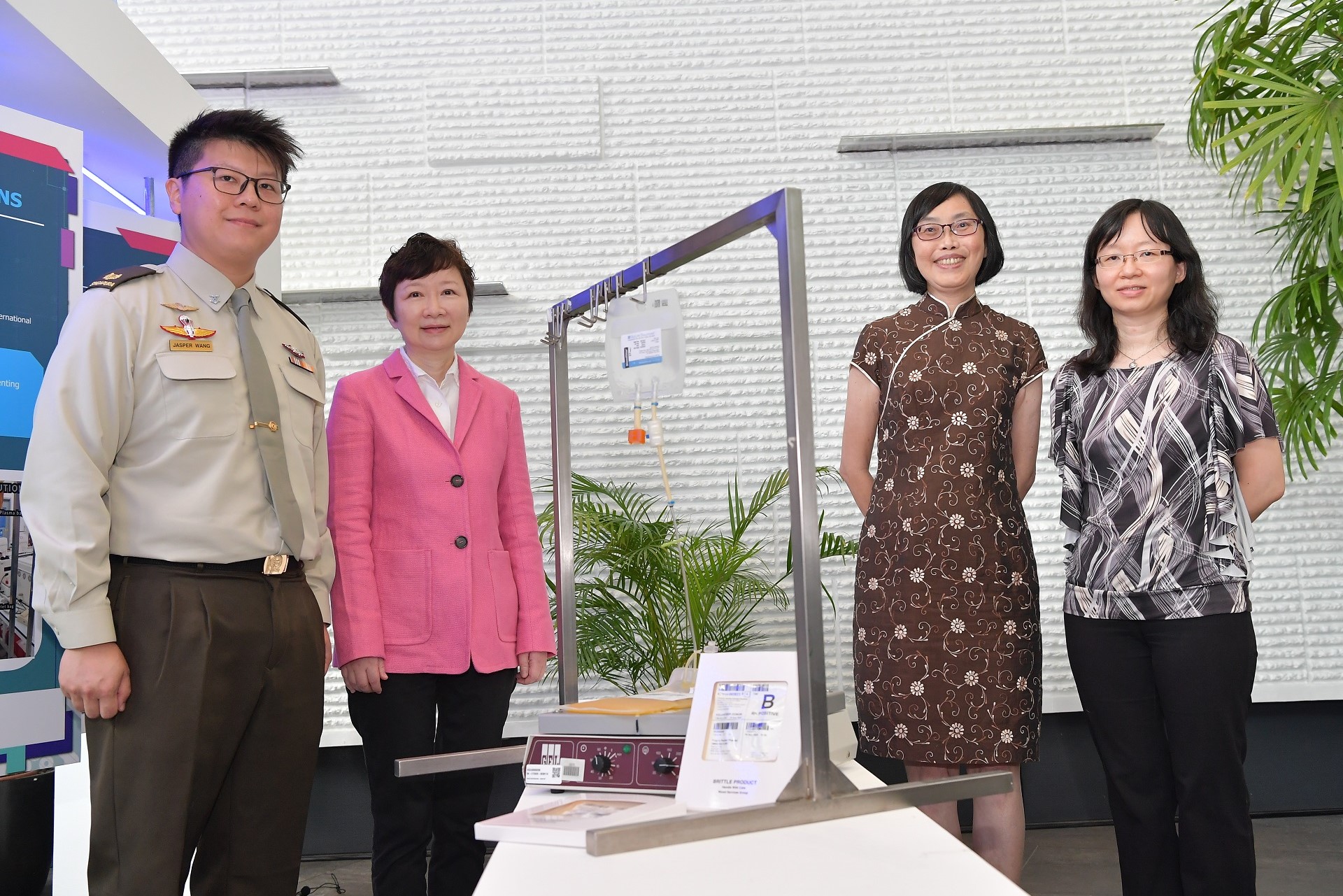
This technological achievement sets a new benchmark in the medical field, enabling the stockpile and transportation of platelets for both military and civil emergency use.

A Singapore Armed Forces (SAF)-led team has successfully extended the shelf life of pooled blood platelets from a mere seven days to two years while still maintaining its clinical efficacy.
This is made possible through a new cryopreservation and thawing method, which was developed by the Platelet Cryopreservation Study Team.
The team is led by the Army Medical Service with members from DSO National Laboratories (DSO), Health Sciences Authority (HSA) and the Singapore General Hospital (SGH).
The technique calls for a special platelet cryoprotectant to be mixed into the pooled platelets; this allows it to be safely stored at minus 80 degree Celsius for up to two years.
When needed, these frozen platelets are thawed and combined with plasma to form reconstituted platelets ready to be transfused into patients.
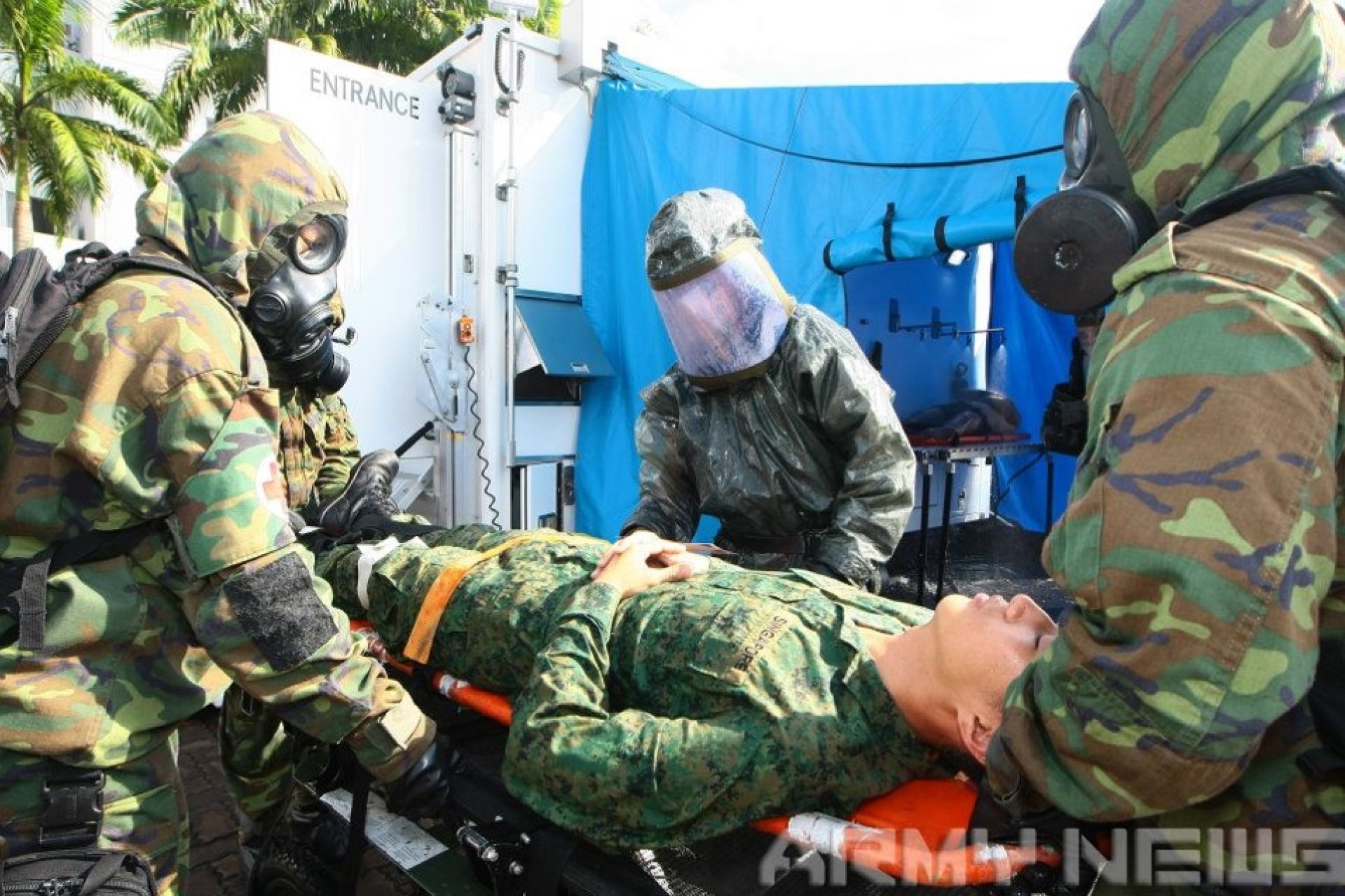
Better trauma treatment
Major (MAJ) (DR) Jasper Wang explained that the idea was birthed from a concern in treating wartime military trauma cases.
"Haemorrhage is the leading cause of death in trauma (cases) and we realised that in all our plans (to combat wartime military trauma), we were primarily using red blood cells.
"This is a shortfall as we should ideally have different components of blood used in patients," said the 31-year-old Formation Medical Officer from HQ Commandos.
This led to the Headquarters (HQ) Army Medical Services looking into ways of extending the shelf life of platelets.

Understanding blood
For the uninitiated, whole blood can be separated into three components - red blood cells, plasma and platelets.
Red blood cells are responsible for the transfer of oxygen, platelets contains blood clotting components while plasma is a liquid part of blood that contains other essential components such as clotting factors.
Each blood component also has a different shelf life. Red blood cells can be stored up to 42 days when chilled and up to 10 years when frozen while plasma can be stored up to one year when frozen.
On the other hand, platelets can only be stored up to seven days at room temperature, which makes it unsuitable for stockpiling.

Finding partners
"In Singapore, 50 to 70 bags of pooled platelets are required daily. Each bag comes from four units of whole blood donations and this is highly reliant on a consistent stream of blood donors, which is shrinking as Singapore's population ages," said MAJ (DR) Wang.
With this, the HQ Army Medical Services reached out to HSA and worked with DSO to craft the study design on how to extend the shelf life of the platelets. The team also eventually roped in SGH so that they can safely test the frozen platelets on local patients.
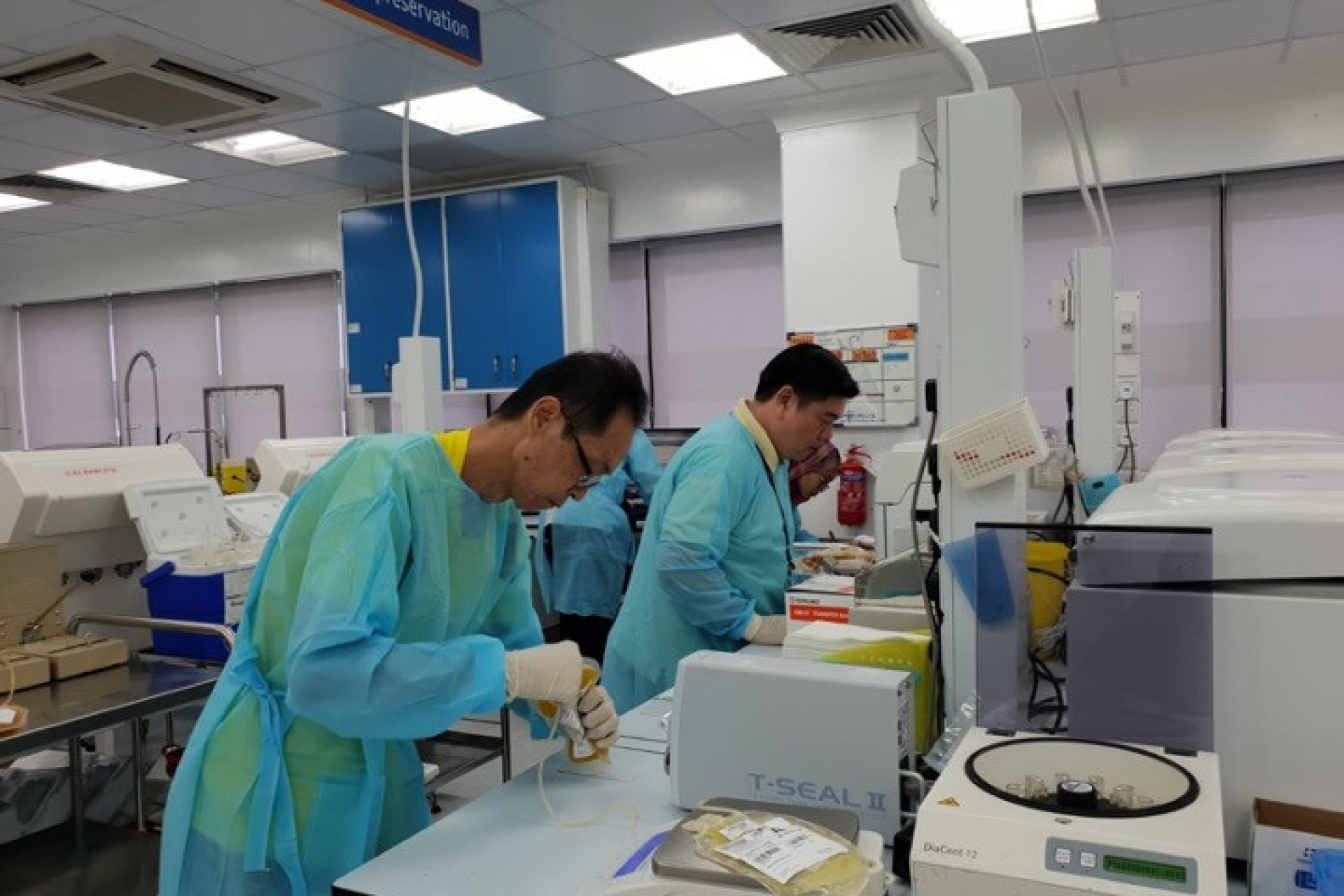
Making every drop of blood count
From conceptualisation to breakthrough, the process took almost six years. The team also faced several challenges. For one, platelets are not easy to work with – they tend to glutinate so they always need to be shaken.
Multiple trials had to be conducted to determine the right type of cryoprotectant to maximise the platelets' viability, before being tested to make sure that they were safe to be used on patients.
"In Singapore, we have a small population so we need to make every drop of donated blood count," said MAJ (Dr) Wang.
"By using excess pooled platelets from whole blood donations, this allows us to use every single drop of blood and freeze those that we do not need for rainy days."
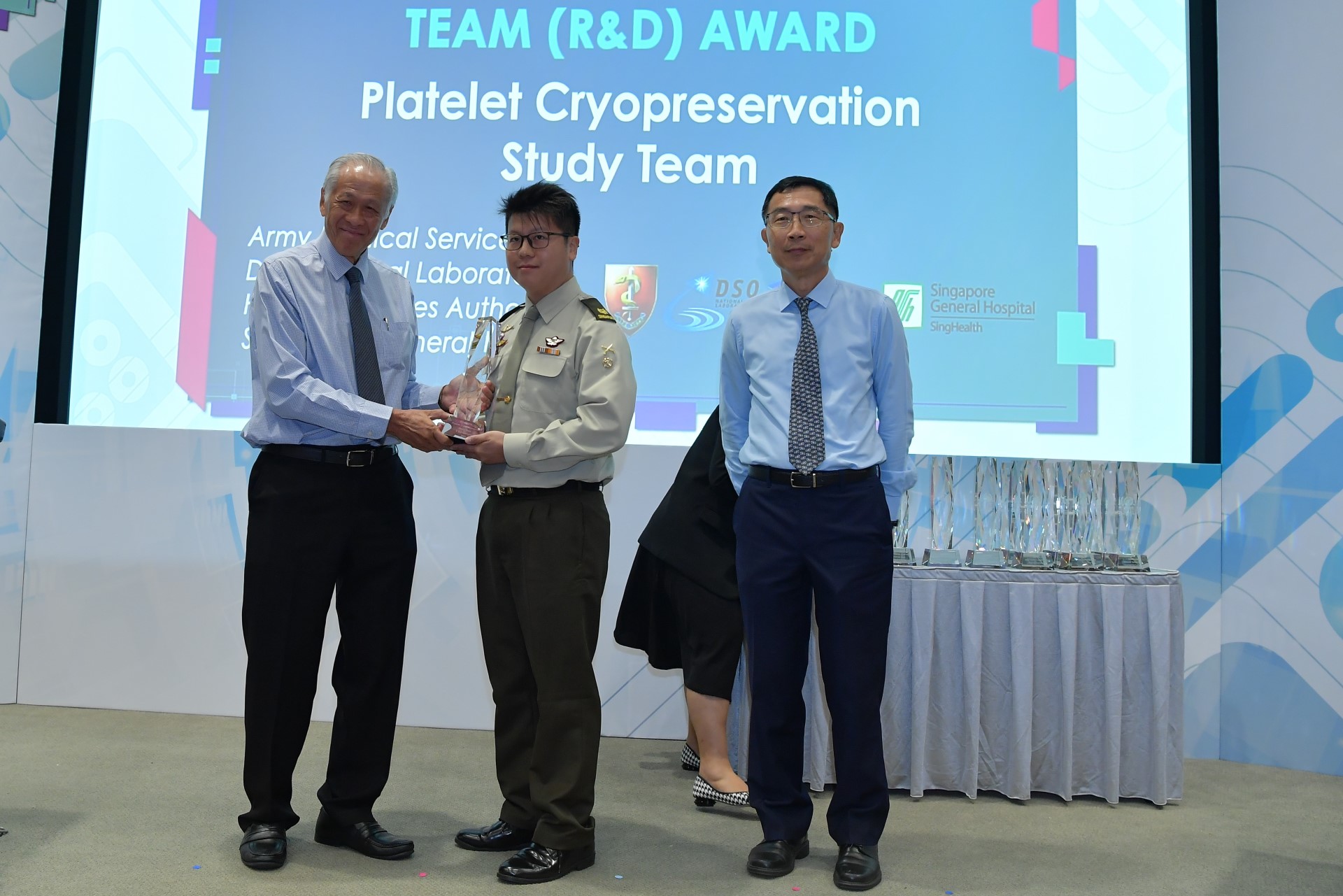
First blood
With the team's success, Singapore is also first in the world to use reconstituted cryopreserved pooled platelets prophylactically in patients with low platelet counts to prevent the onset of related diseases.
It also means that in a military setting, frozen platelets can be transported to field medical units in operations and humanitarian aid missions without being limited by their shelf life. This allows medical team in the field to use the platelets as and when they require them.
On a national level, having these frozen pooled platelets on hand ensures that Singapore is resilient to cyclical changes in blood demand and supply as well as any healthcare crisis which may arise.
For their efforts, the team received the Defence Technology Prize (DTP) from Defence Minister Dr Ng Eng Hen on 20 Oct, at an award ceremony held at the Defence Science and Technology Agency (DSTA).
A total of two individuals and eight teams were awarded the DTP this year.
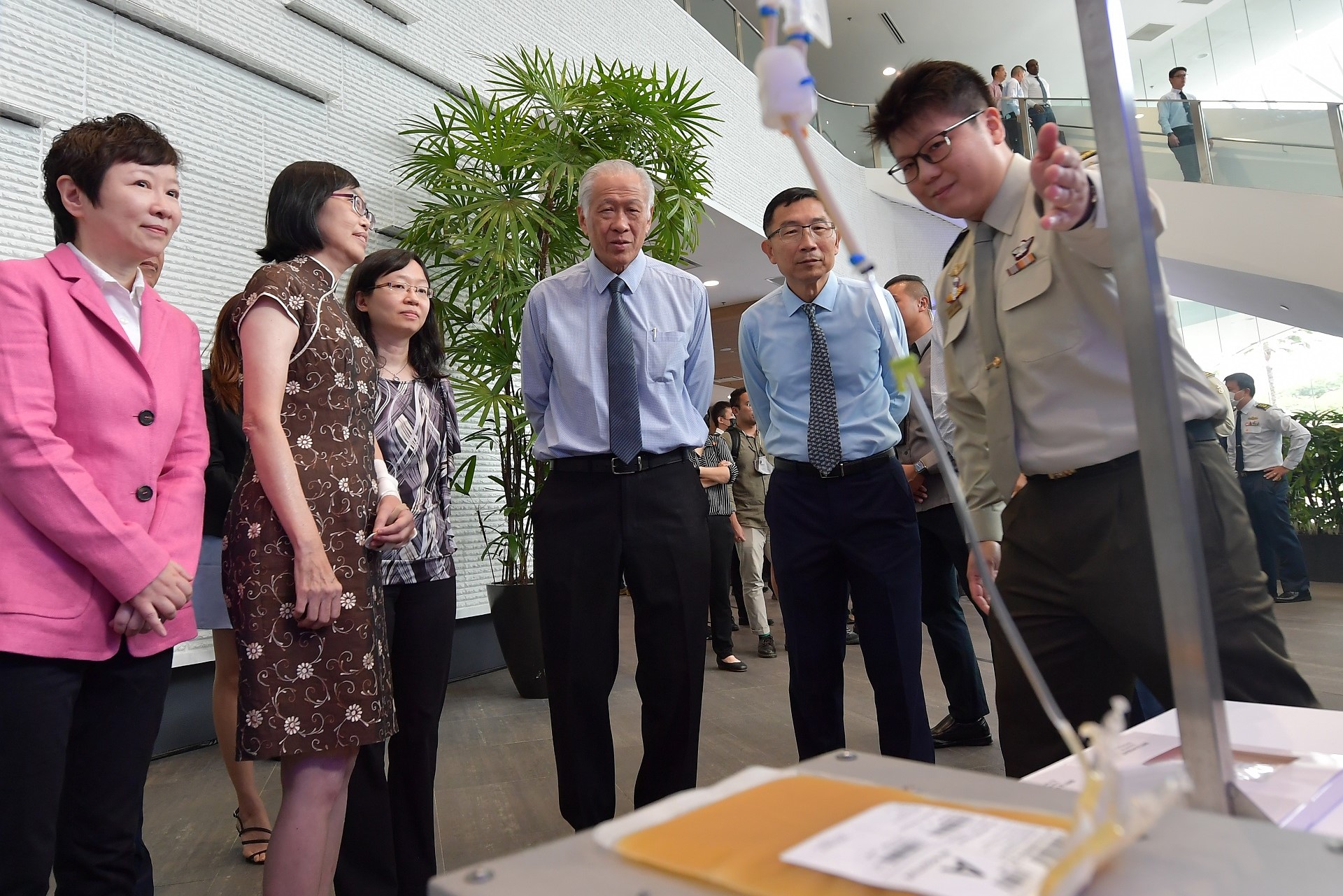
Improving on their work
The team also has plans to look into ways to further extend the shelf life of pooled platelets. "We want to see how far we can stretch (the shelf life) before the platelets lose their viability," explained MAJ (Dr) Wang.
"This allows us to find a good middle ground between the frozen shelf life of red blood cells which is up to 10 years, as well as plasma which has a frozen shelf life of one year.
"This will allow us a longer lead time to stockpile the platelets and allows us to be more flexible in how we utilise the stored platelets."
ALSO READ IN TECHNOLOGY
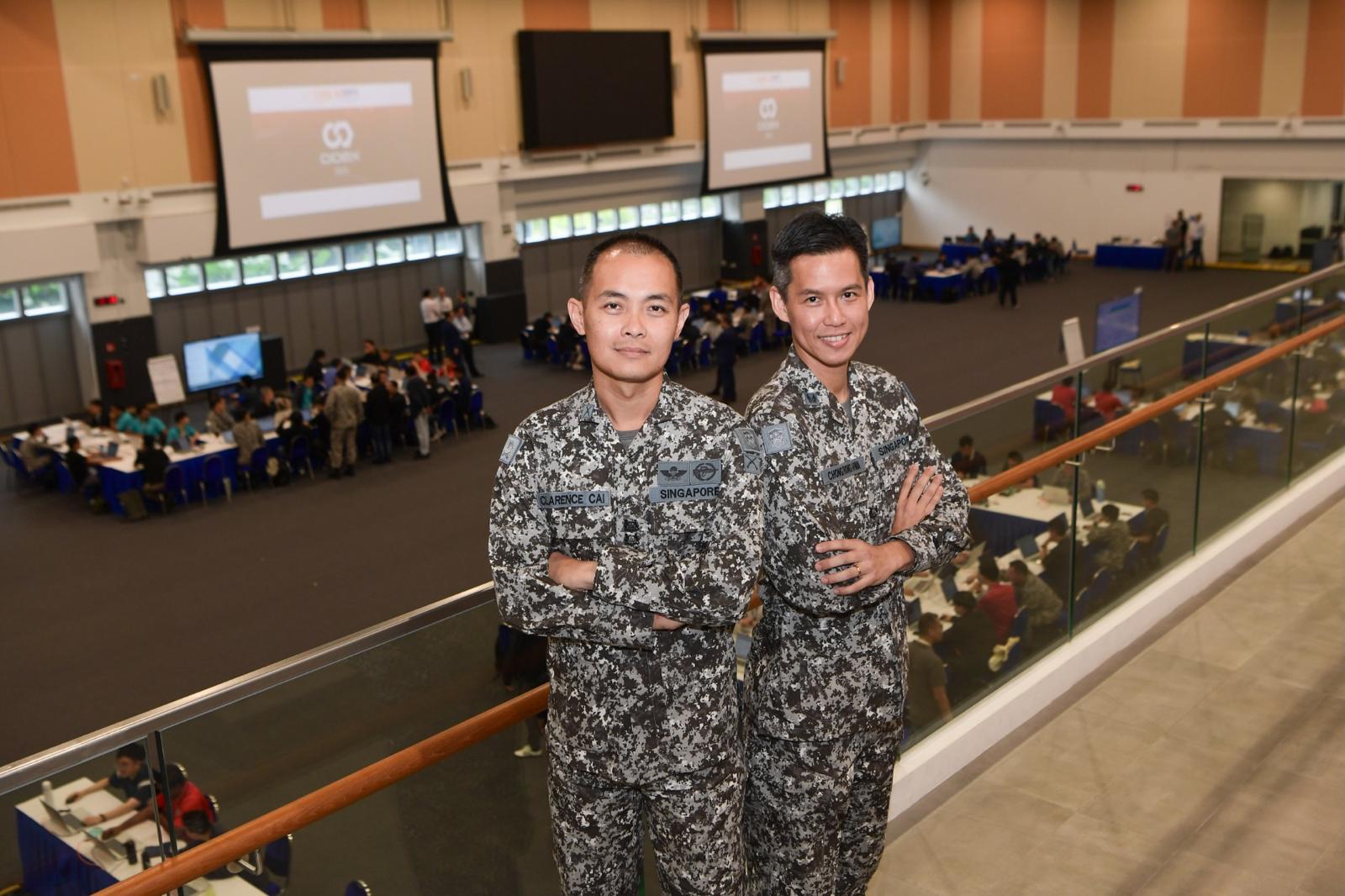
AI joins the fight in national cyber defence exercise
12 Nov 2025
AI and closer collaboration among agencies and industry are taking centre stage in this year’s Critical Infrastructure Defence Exercise (CIDeX).
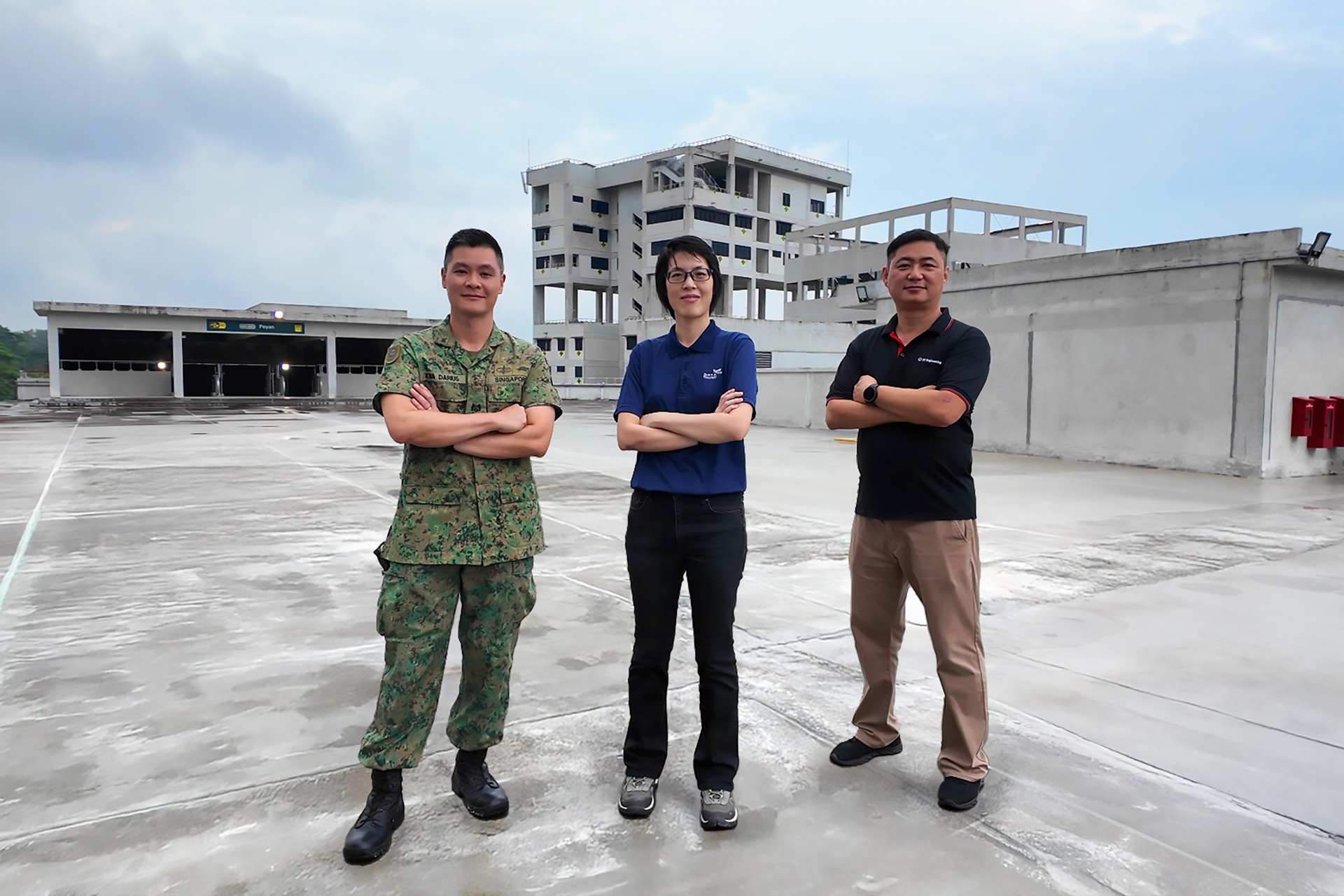
They built this city
01 Oct 2025
Turning vision to reality: the team behind SAFTI City clinches the Defence Technology Prize 2025 Team (Engineering) Award!
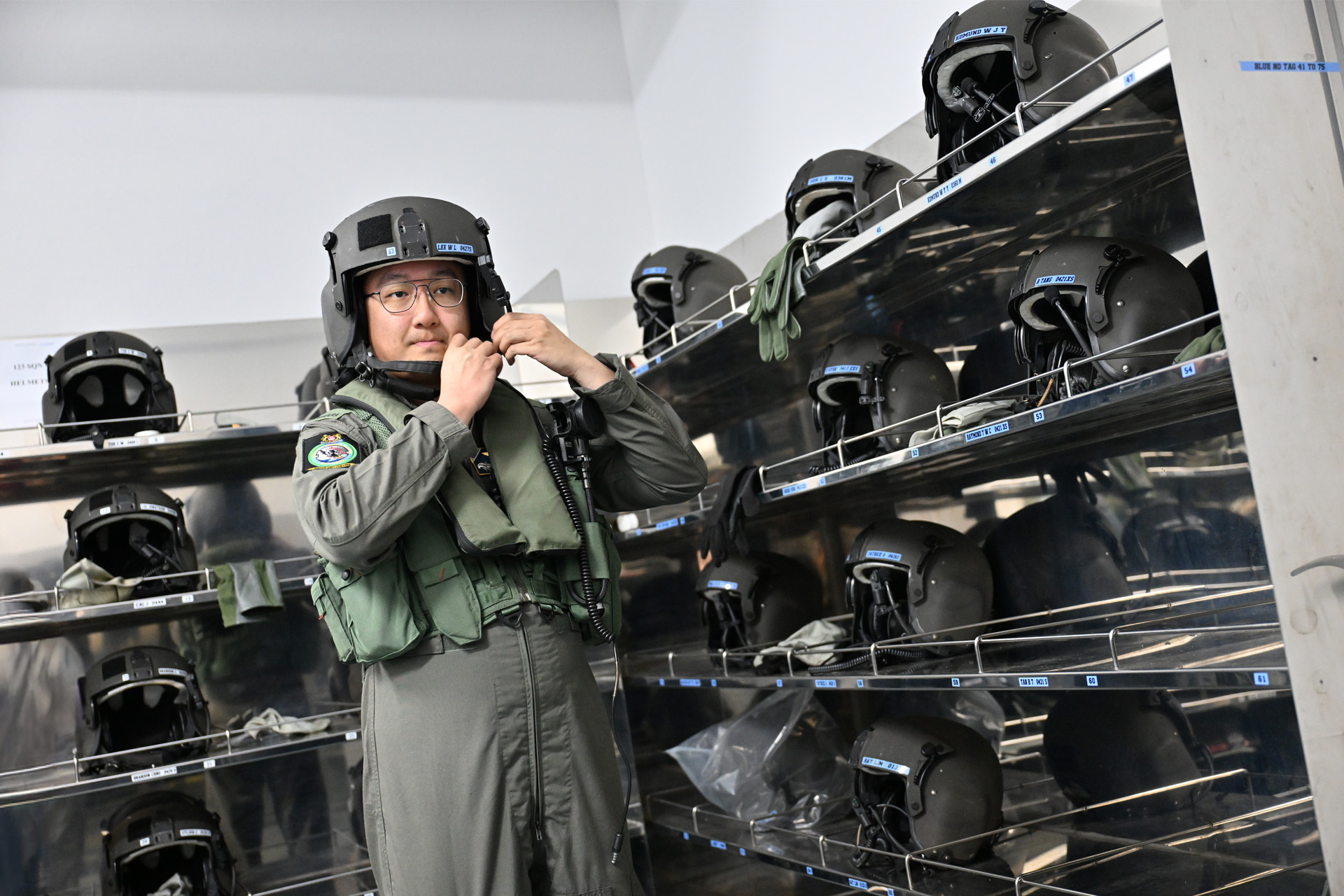
Operating over skies & seas
22 Aug 2025
This gear is designed to help a Sensor Supervisor survive emergencies in the air and at sea.


